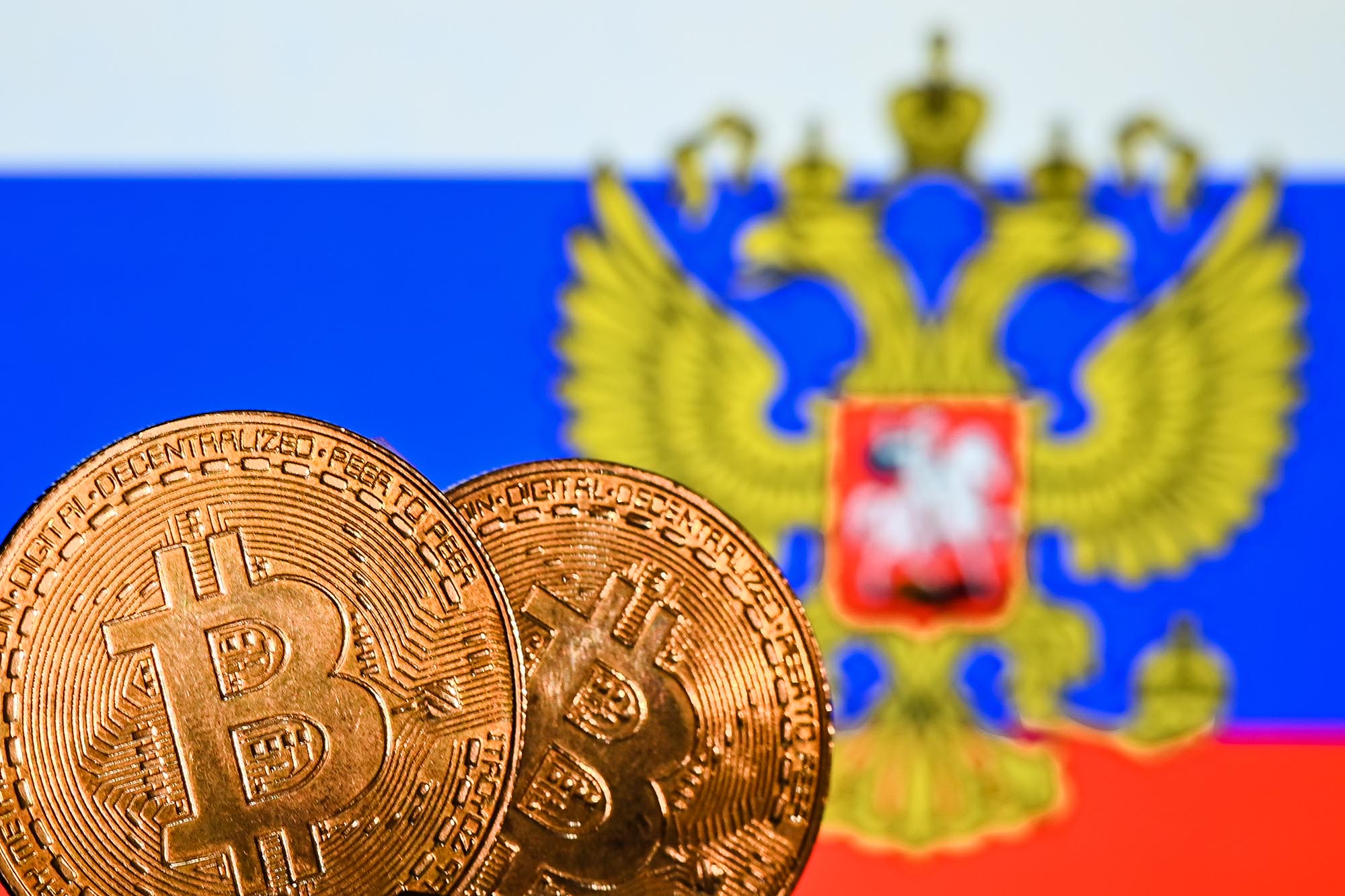Russia’s New Crypto Bill Misinterpreted as Major Policy Change
31.07.2024 18:15 2 min. read Alexander Stefanov
Recently, misleading information spread claiming that Russia had officially adopted Bitcoin mining and cryptocurrency payments.
According to social media posts, Russia was said to have “embraced crypto,” “legalized cryptocurrencies,” and “approved a bill on cryptocurrency mining” while treating Bitcoin and crypto as foreign currency.
This information is largely inaccurate and was not part of a deliberate Kremlin disinformation campaign. Instead, the confusion stems from a lack of understanding about Russian legislation and the Kremlin’s history of making symbolic or non-committal statements about cryptocurrency.
Here’s what actually happened with Russia’s cryptocurrency legislation: The lower house of Russia’s parliament, the State Duma, passed a bill today allowing certain Russian businesses to use cryptocurrency for international transactions, not for domestic payments. This is the extent of the news—the passage of a bill, which has been known since November 2022, and which still requires enactment.
The bill will not take effect immediately. According to Reuters, implementation is not expected until September at the earliest, with the first transactions under this law expected later in the year.
Furthermore, the bill does not address domestic cryptocurrency use. It is focused solely on international payments and mining operations not related to trading or payments. Additionally, the bill mandates that Russia’s central bank develop new infrastructure for these transactions, but this infrastructure is still in the planning stages with no confirmed timeline for its rollout.
-
1
U.S. Crypto Investors Hit by IRS Letter Surge as Tax Crackdown Looms
29.06.2025 11:00 3 min. read -
2
Ripple Drops Cross-Appeal, Moves to End SEC Case “Once and for All”
28.06.2025 12:30 2 min. read -
3
Europe’s Largest Euro-Denominated Spot Crypto Exchange Secures License Under MiCA
29.06.2025 12:00 2 min. read -
4
SEC Approves Grayscale ETF Tracking Top Five Cryptocurrencies
02.07.2025 9:06 1 min. read -
5
Kazakhstan to Establish State Crypto-Reserve Under Central Bank Oversight
30.06.2025 17:00 2 min. read
U.S. Regulators Define Crypto Custody Rules for Banks
U.S. banking regulators have issued fresh clarity on how financial institutions should handle cryptocurrency custody.
Crypto Week Begins: U.S. Congress Advances Key Bills as Trump Pushes for Regulatory Clarity
The United States has entered a pivotal week for the crypto industry as lawmakers and digital asset advocates prepare for what’s being dubbed “Crypto Week.”
Senate Confirms Crypto-Linked Nominee Jonathan Gould to Head OCC
The U.S. Senate has confirmed Jonathan Gould as the next head of the Office of the Comptroller of the Currency (OCC), moving his nomination to President Donald Trump for final approval.
Australia Tests CBDCs in 24 Separate Real-World Finance Use Cases
Australia is stepping up its digital currency efforts with the next phase of Project Acacia, a pilot focused on testing central bank digital currency (CBDC) and tokenized finance in real-world applications.
-
1
U.S. Crypto Investors Hit by IRS Letter Surge as Tax Crackdown Looms
29.06.2025 11:00 3 min. read -
2
Ripple Drops Cross-Appeal, Moves to End SEC Case “Once and for All”
28.06.2025 12:30 2 min. read -
3
Europe’s Largest Euro-Denominated Spot Crypto Exchange Secures License Under MiCA
29.06.2025 12:00 2 min. read -
4
SEC Approves Grayscale ETF Tracking Top Five Cryptocurrencies
02.07.2025 9:06 1 min. read -
5
Kazakhstan to Establish State Crypto-Reserve Under Central Bank Oversight
30.06.2025 17:00 2 min. read


